Rubin: Why Mickey Mouse is in a slasher movie, and Sparty isn't
- Oops!Something went wrong.Please try again later.
- Oops!Something went wrong.Please try again later.
Mickey Mouse has plunged into the public domain, available for use by anyone with an imagination and a script, and who’s next? Sparty? Captain Bob-Lo? The Vernors gnome?
No. Yes, theoretically. And, probably not.
As for Mickey, it is a fine thing for artists and the rest of us that he has slipped a bit from the Walt Disney Co.'s grasp, even if the company is not pleased. And Disney has lawyers coming out of its Mickey Mouse ears to make sure he doesn't slip too far.
To be clear, it’s not the Mickey you’re used to who had his copyright expire and his skinny mouse tail become available this month for anyone to yank. It’s the 1928 specimen from his first animated short, “Steamboat Willie,” without white gloves and eyeballs and far less known than the more cuddly versions at the foundation of Walt Disney’s empire.
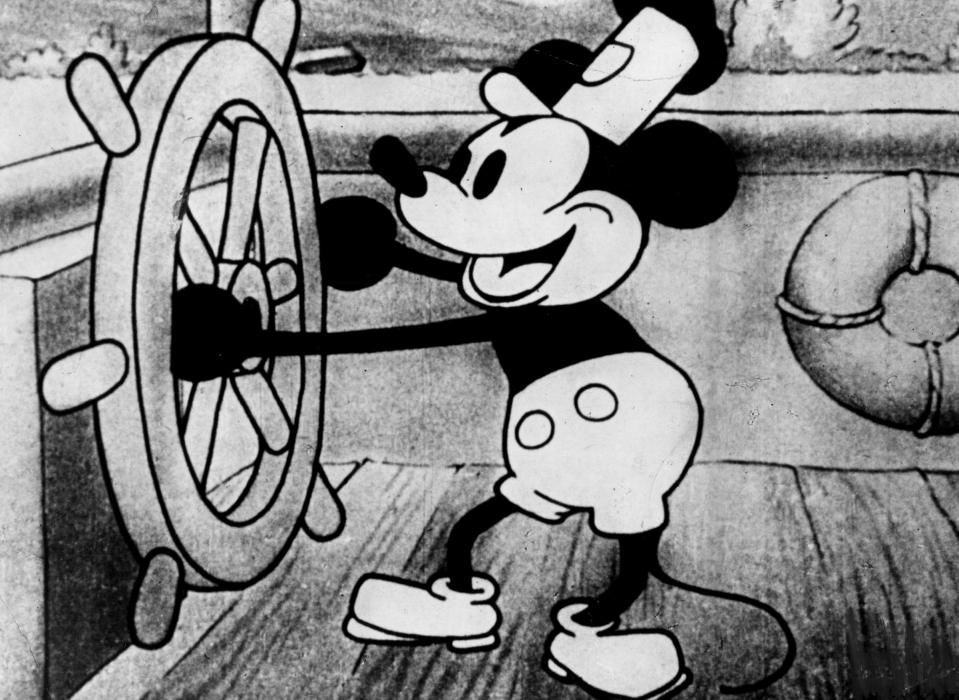
A trailer is already online for the slasher movie debut of that Mickey, with some guy in an elaborate mask attacking people at an amusement arcade. It's called "Mickey's Mouse Trap."
Another murderous Mickey is in the works from Steven LaMorte, a friendly-looking independent producer from Los Angeles whose news release suggested that beneath the Steamboat Willie character's cheerful exterior "lies a potential for pure, unhinged terror."
Maybe. But has LaMorte ever seen the Vernors gnome?
Burly guy. Green knickers. Big beard, and a mustache that curls villainously upward at the ends. Always winking at us − or is he leering?
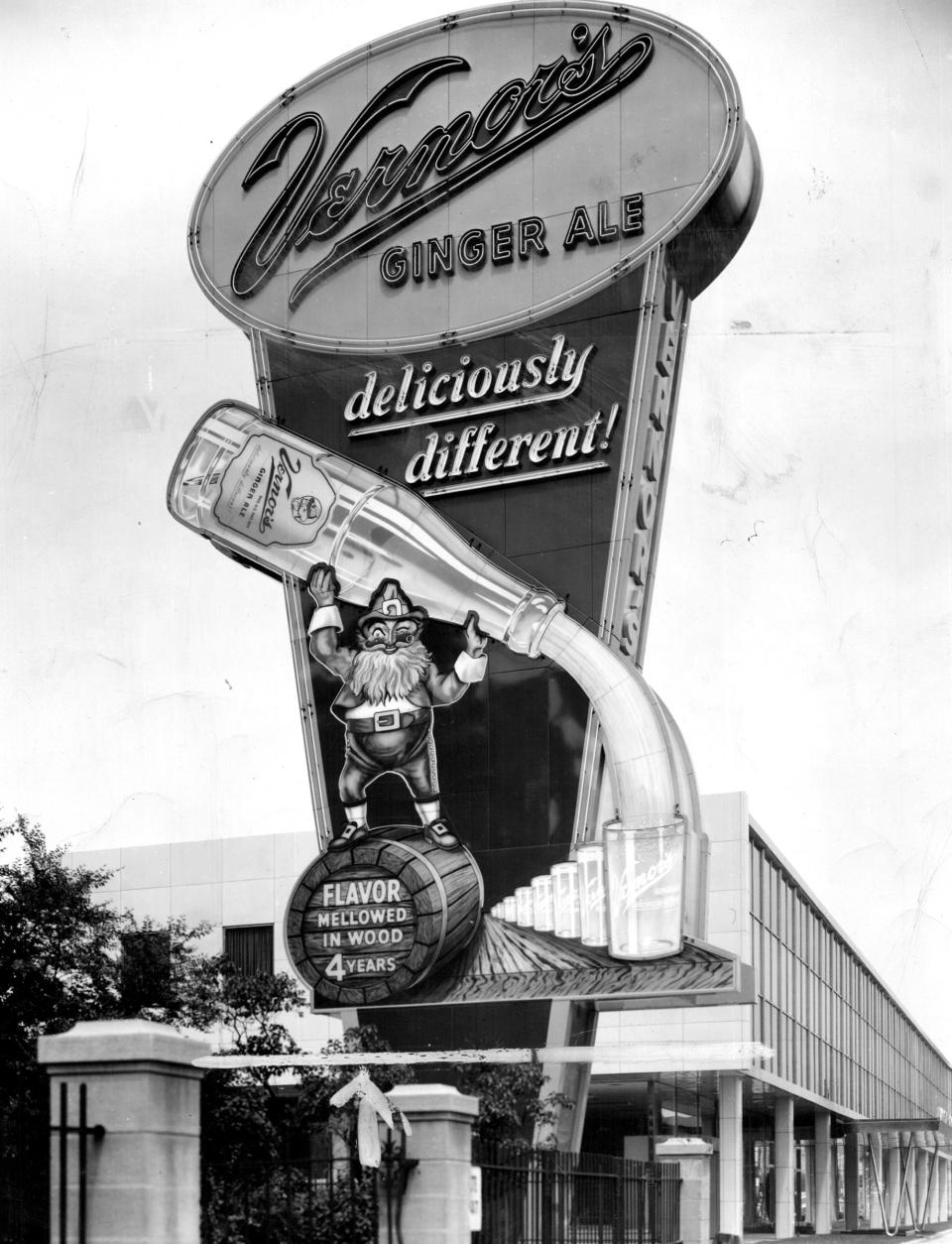
He seemed friendly when he was introduced by our once-local ginger ale company in the early 1900s, brought to life with an actual costumed performer in the 1970s, phased out in the '80s, and reintroduced in 2002. Or ...
Was he sinister all along? And what about all those other iconic Michigan figures? Are they trustworthy, or terrifying?
OK, I couldn't actually think of many examples. A screenplay featuring Paws with razor-sharp claws and an appetite practically writes itself, but the Detroit Tigers' costumed mascot is trademarked.
Sparty is likewise trademarked, said Michigan State University spokesman Mark Bullion, and copyrighted as well. He wasn’t created until 1955, which leaves the 95-year copyright coverage of even his earliest versions in place until 2050.
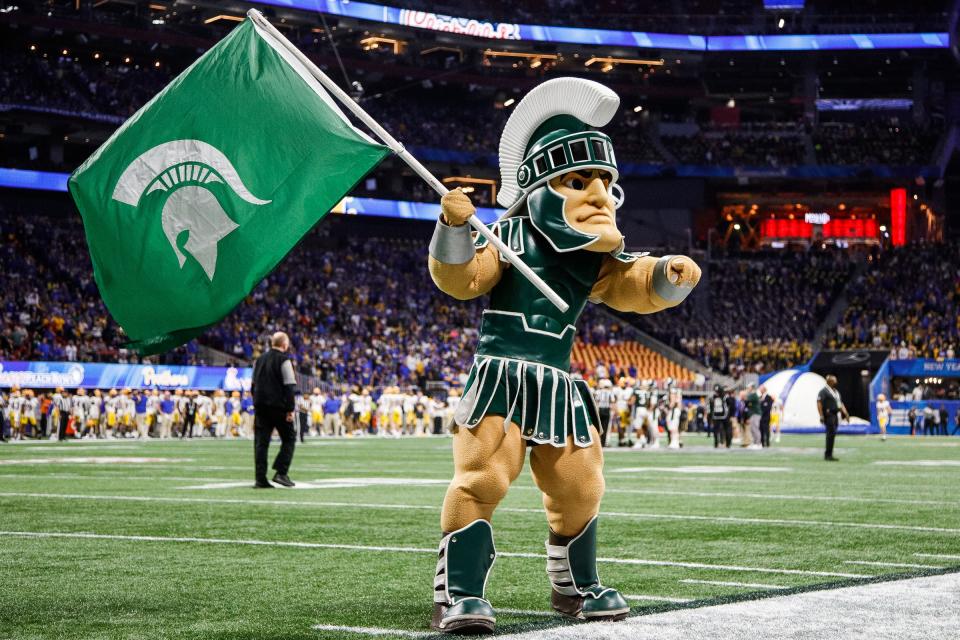
But Captain Bob-Lo, the long-deceased little person who greeted passengers on the Boblo boats and wound up on posters and as figurines?
In the complicated world of copyrights and trademarks, there's probably no one around to protect his concept or his likeness. And I never did trust that guy.
How the law works
The Copyright Act of 1976 decreed that copyright protection for something like Steamboat Willie extended 50 years past the demise of the creator, or 75 years from the date of publication.
That would have made Steamboat Willie public property in 2003, but in 1998, Disney found a sympathetic congressman — former singer Sonny Bono — to sponsor a bill that added 20 years.
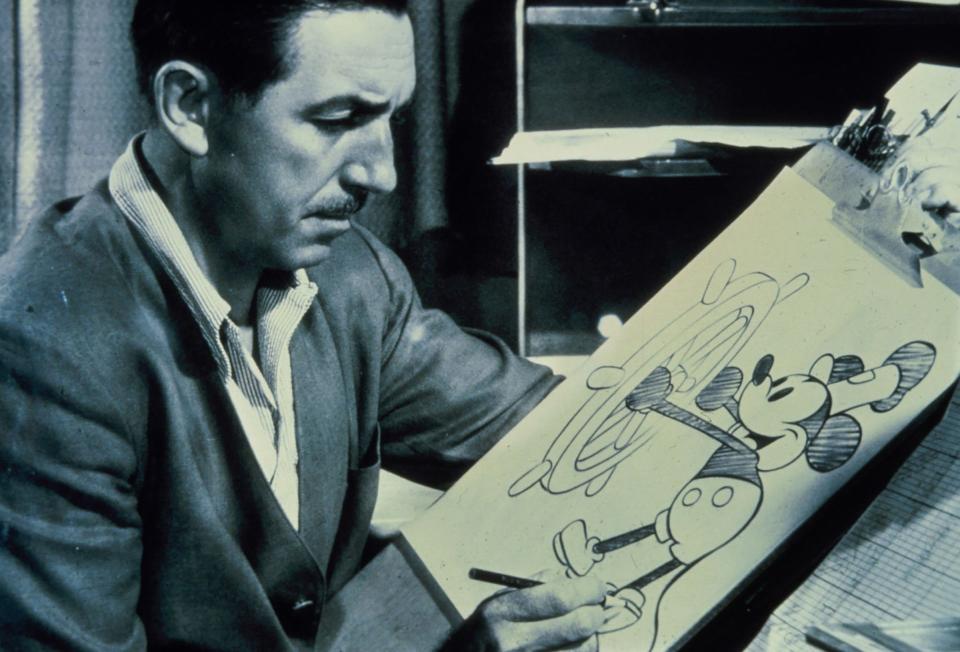
The bill is actually known as the Mickey Mouse law, said clinical professor Nancy Costello of the MSU School of Law, and it was a bad idea.
"Let's say I write a book and it does well," she said, "and I die in 2030. That book is not going to fall into the public domain until 2100."
By that time, she said, her heirs will have long been compensated, "and who's going to be around to even remember what I wrote? It falls into this black hole of oblivion and no one uses it."
The point of a shorter span, she said, is to prompt innovation. Artists, who tend to be poorer than corporations, "use things to create more things."
"The Wonderful Wizard of Oz," for instance, became fair game in 1956, well after author L. Frank Baum died and his kids presumably cashed in on movie rights. Because the characters are up for grabs, "The Wiz" became a Broadway musical in 1974, author Gregory Maguire wrote the 1995 bestseller "Wicked" from the viewpoint of the witches, and the much less gloomy musical "Wicked" returns to the Detroit Opera House Jan. 24.
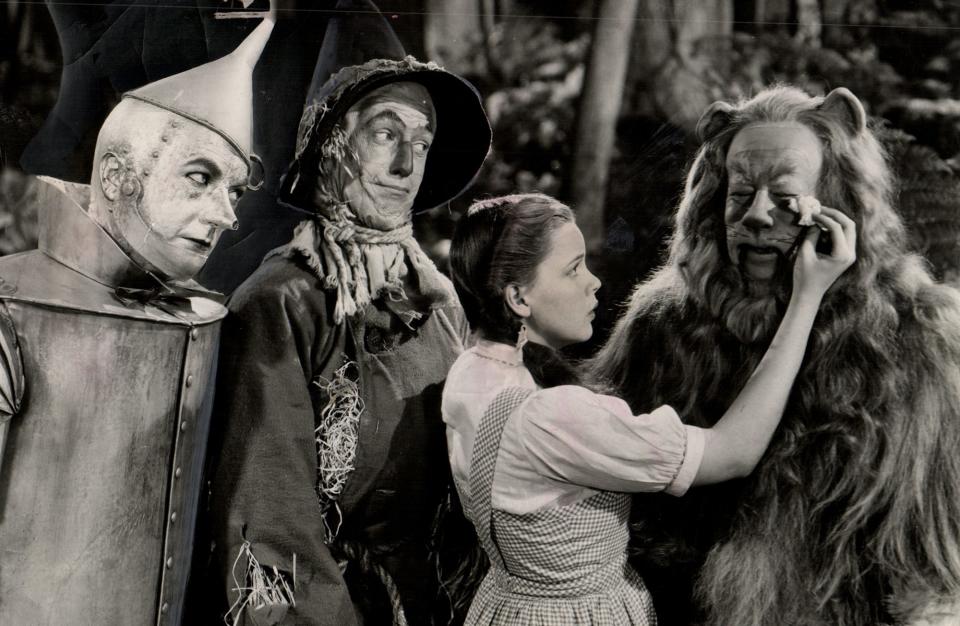
Another famous example, Costello noted, is a company that seized on a series of fairy tales and fables, changed what were often grisly endings — you don't want to know what actually happened to the Little Mermaid — and made brilliantly colorful films.
That would be Disney.
Companies protect characters
Disney being astute at these things, it has made sure the Steamboat Willie trademark will endure even as the copyright expires.
Specifically, it began using the image in its merchandise, where even an appearance on labels would be enough to keep the producers of the slasher movies from slapping his face on T-shirts.
If needed, Costello said, “I expect Disney would be very aggressive in policing its rights.”
That’s mandatory, she said, to protect a mark, which is why you can’t sell unlicensed Block M sweatshirts without unleashing the hounds of legal hell from the University of Michigan.
Vernors is owned these days by Keurig Dr. Pepper, which presumably would also dispatch lawyers if it detected the gnome in an unauthorized place.
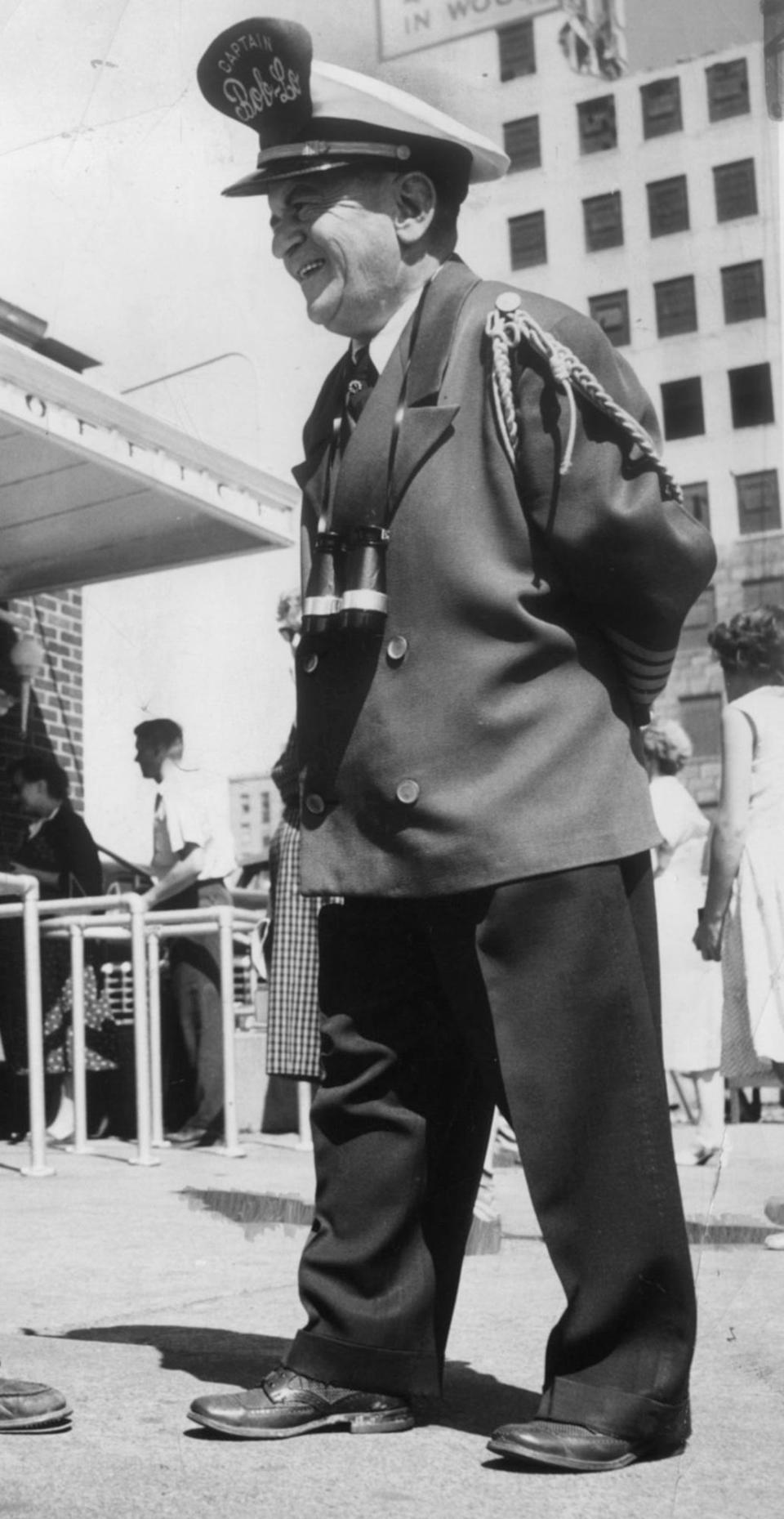
But Boblo closed in 1993. The island has become a Canadian housing development, the island is known as Bois Blanc, and while you'd want to do a bit of research first, Captain Bob-Lo could be the next little thing in movie mayhem.
He'd be our very own Chucky — who is, lest you be tempted, both heavily armed and trademarked.
Reach Neal Rubin at NARubin@freepress.com. He's never dabbled much in X, but if you're in the neighborhood, that's @nealrubin_fp.
To subscribe to the Free Press at discount rates, click here.
This article originally appeared on Detroit Free Press: Copyright law unleashes Mickey Mouse — and maybe Captain Bob-Lo

